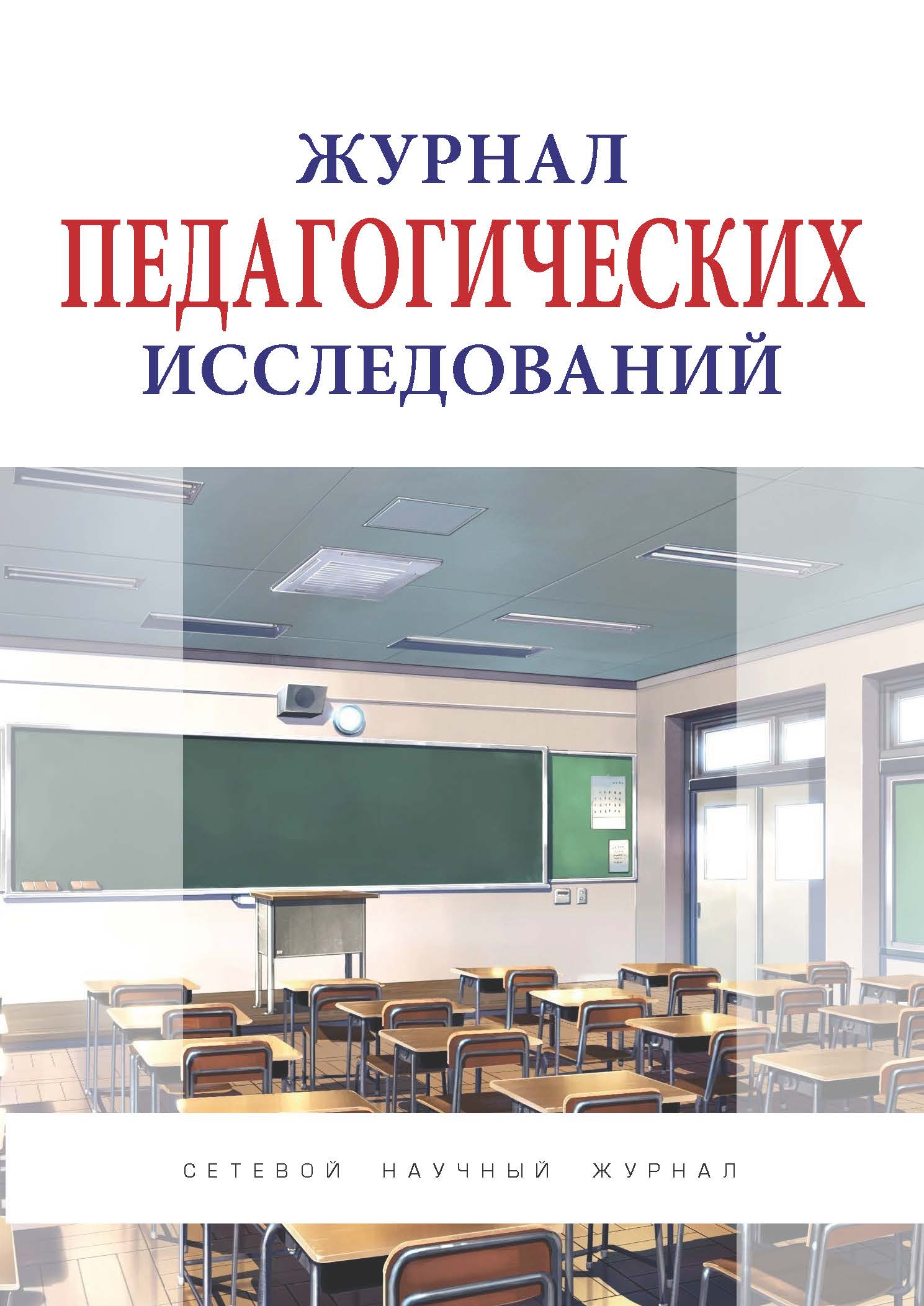The article examines the ideas of V.F. Panova (1905-1973), a famous Soviet writer, an expert in child psychology, about growing up or mental development in preschool childhood in the conditions of a child's knowledge of the surrounding world and interaction with it. The combination of three components of this world has a decisive influence on the emotional experiences, reflections and behavior of a boy: nature, animals, a small town and a street of residence, objects; a group of children; and mainly close adults with their moral norms and rules. Growing up does not determine the chain of life events by itself. Its leading factors are, on the one 10 hand, the intellectual and practical activity of a preschooler aimed at understanding, entering, establishing connections with each of the components of the world, and, on the other, communication with an adult who stands on a humanistic, personality-oriented, gender position in contrast to the authoritarian, formal pedagogical one. In the process of growing up, such important psychological acquisitions are formed in a child: firstly, the arbitrariness of behavior and activity, cognitive and emotional processes; secondly, intellectual activity in the sphere of thinking about the three components of the surrounding world, awareness of one's place in relationships with each of them, but above all with loved ones in accordance with the main moral norm – justice. The transition to a new stage of mental development is associated with the completion of a radiant childhood and the child's encounter with the tragic mysteries of human existence – separation, sadness, etc.
growing up; personality-oriented and authoritarian upbringing; visual-imaginative thinking, communication with nature, friends, adults; arbitrariness of behavior and activity
1. Boguslavskaya Z.B. Serezha // Boguslavskaya Z.B. Vera Panova. Ocherk tvorchestva. M.: Gos. izd-vo Hudozhestvennoy literatury. 1963. S. 103-120.
2. D'yachenko O.M. Razvitie voobrazheniya doshkol'nika. M.: Mezhdunarodnyy Obrazovatel'nyy i Psihologicheskiy Kolledzh. 1996. 197 s.
3. Zaporozhec A.V. K voprosu o genezise, funkcii i strukture emocional'nyh processov u rebenka // Zaporozhec A.V. Izbrannye psihologicheskie trudy: V 2-h t. T. 1 Psihicheskoe razvitie rebenka. M.: Pedagogika. 1986. S. 260-275.
4. Zaporozhec A.V. Psihologiya vospriyatiya rebenkom-doshkol'nikom literaturnogo proizvedeniya // Zaporozhec A.V. Izbrannye psihologicheskie trudy: V 2-h t. T. 1 Psihicheskoe razvitie rebenka. M.: Pedagogika. 1986. S. 66-77.
5. Ninov A.A. Deti vstupayut v zhizn' // Ninov A.A. Vera Panova. Ocherk tvorchestva. L.: Lenizdat. 1964. S. 164-180.
6. Panova V. Serezha. Neskol'ko istoriy iz zhizni ochen' malen'kogo mal'chika // Sobranie sochineniy: V 5 t. L.: «Hudozhestvennaya literatura». Leningradskoe otdelenie. T. 3 Povesti i rasskazy. 1988. S. 188-275.
7. Panova V. Yasnyy bereg. Povest' // Sobranie sochineniy: V 5 t. L.: «Hudozhestvennaya literatura». Leningradskoe otdelenie. T. 3 Povesti i rasskazy. 1988. S. 6-187.
8. Piazhe Zh. Rech' i myshlenie rebenka. M.L: Gosudarstvennoe uchebno-pedagogicheskoe izdatel'stvo. 1932. 412 s.
9. Plotkin L.A. Serezha, Korostelev i drugie // Plotkin L.A. Tvorchestvo Very Panovoy. L.-M.: Sovetskiy pisatel'. 1962. S.109-133.
10. Smirnova E.O. Psihologiya rebenka. M.: KRONUS. 2016. 280 s.
11. Tevekelyan D.V. Povedut nash karavan. Koe-chto o kornevoy sisteme // Tevekelyan D.V. Vera Panova. M.: Sovetskaya Rossiya, 1980. S. 114-124.
12. Uruntaeva G.A. Detskaya psihologiya. 4-e izd., ispr. i dop. M.: INFRA-M. 2020. 384 s.
13. Chukovskiy K. Ot dvuh do pyati // Sobr. soch. v 6 t. M.: Izd-vo «Hudozhestvennaya literatura». 1965. T. 1. S. 335-724.
14. El'konin D.B. Detskaya psihologiya. 3-e izd., stereotip. M.: Izdatel'skiy centr «Akademiya», 2006. 384 s.






